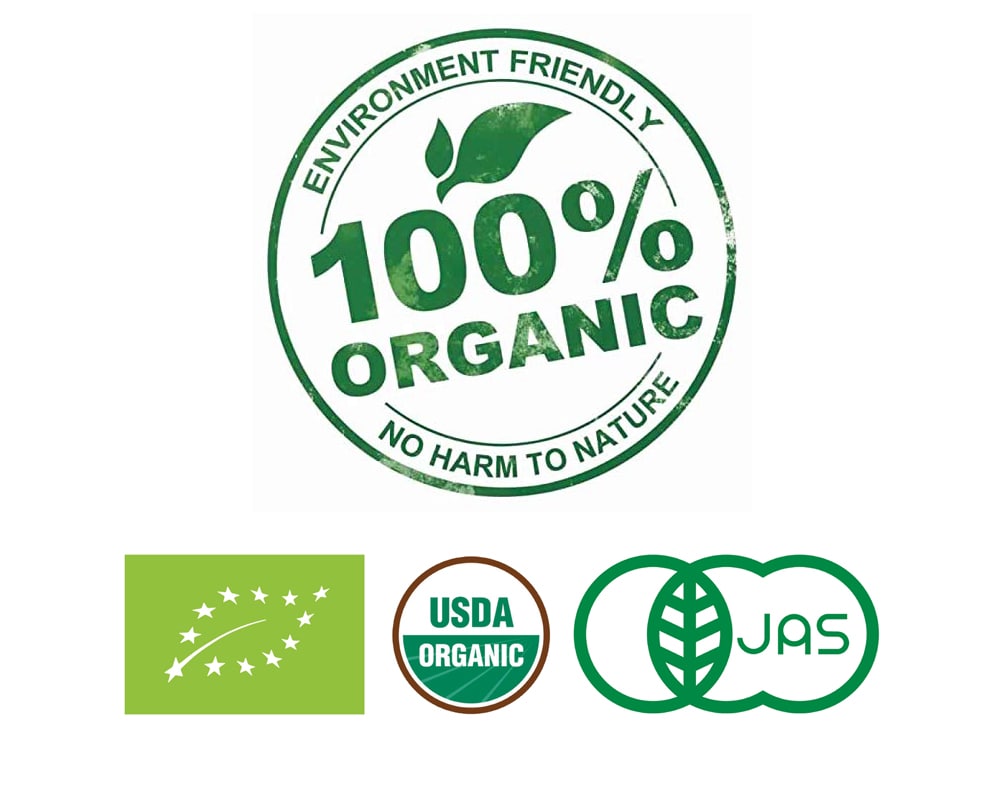Understanding Organic Cultivation
Organic cultivation is a practice that can be succinctly defined as the humane and environmentally friendly planting of crops. It relies on natural organic liquids or fertilizers instead of artificial ones, and it abstains from the use of pesticides. However, it’s important to note that an accredited external entity issues an organic certificate only when a crop officially meets the criteria for being designated as “organic” following a thorough and impartial inspection.
Organic cultivation adheres to principles that prioritize the well-being of the environment, consumer health, and the sustainability of agricultural practices. Here, we’ll delve deeper into these principles and the significance of organic certification.
Ethical Considerations in Organic Agriculture
- Cultivation should only use approved organic planting fluids.
- It is advisable to produce organic fertilizers directly on the cultivation land by utilizing only the liquids present within the cultivation area.
- If organic fertilizers are sourced from external suppliers, those fertilizers must be approved for crop application.
- Soil conservation methods should be implemented on the land.
- We should prevent the inflow of water from outside and block any pathways for external chemicals to enter the land.
- Whenever possible, consider transitioning to organic cultivation as a neighboring land group.
- it’s essential to maintain crop hygiene.
Key Principles of Organic Cultivation
Natural Inputs: Central to organic cultivation is the use of natural, organic fertilizers and soil conditioners. Instead of synthetic chemicals, organic farmers employ compost, manure, and natural minerals to nourish their crops. This approach enriches the soil, fosters a thriving microbial ecosystem, and reduces harm to the environment.
Chemical-Free Pest Management: Organic cultivation rejects the use of artificial pesticides and herbicides. Instead, it relies on integrated pest management techniques, such as crop rotation, companion planting, and the introduction of beneficial insects, to naturally control pests.
Biodiversity: Organic farming practices often foster biodiversity by creating habitats for beneficial wildlife and promoting a variety of plant species. This diversity helps balance ecosystems, improve soil fertility, and reduce the risk of pests and diseases.
Non-GMO Approach: Organic cultivation prohibits the use of genetically modified organisms (GMOs). Therefore, farmers grow organic crops from non-GMO seeds to ensure the genetic integrity of the plants.
The Importance of Organic Certification
The organic certification process is vital to maintaining the integrity of organic cultivation. It ensures that any crop labeled as “organic” has met strict standards and practices. To earn this designation, farmers must undergo comprehensive inspections by accredited external entities. This certification not only verifies adherence to organic principles but also instills confidence in consumers seeking genuinely organic products.
The Significance of Organic Cultivation
Environmental Sustainability: Organic cultivation minimizes harm to the environment by avoiding chemical runoff into waterways and preserving soil health. It contributes to the conservation of natural resources and reduces greenhouse gas emissions.
Health Benefits: Consumers recognize organic produce for its potential health benefits. It typically contains fewer pesticide residues and may have higher nutrient levels, promoting healthier diets and lifestyles.
Ethical Considerations: Organic cultivation aligns with ethical values by emphasizing the humane treatment of animals and the welfare of farm workers. It promotes fairness and social responsibility within the agricultural industry.
Long-Term Viability: Prioritizing soil health and biodiversity, ensures the long-term viability of agricultural practices. It safeguards fertile land for future generations and fosters sustainability in farming.
In conclusion, organic cultivation transcends a simple farming technique; it embodies a conscientious approach to agriculture that respects the environment and human well-being. As more consumers seek organic products and more farmers embrace sustainable practices, it stands as a significant force in shaping the future of agriculture—one that harmonizes with nature and secures a sustainable, healthier world.
Acril Organic
At Acril Our estate is proud to hold certifications from USDA, EU, and JAS, affirming our commitment to delivering the highest standards of organic excellence. We invite you to explore our extensive range of 100% organic products, each nurtured with care to bring you the purest and most natural flavors. Shop with confidence, knowing that our dedication to sustainable and eco-friendly practices ensures that every product you choose is not only good for you but also for the environment. Join us in savoring the goodness of organically grown treasures from our estate.
